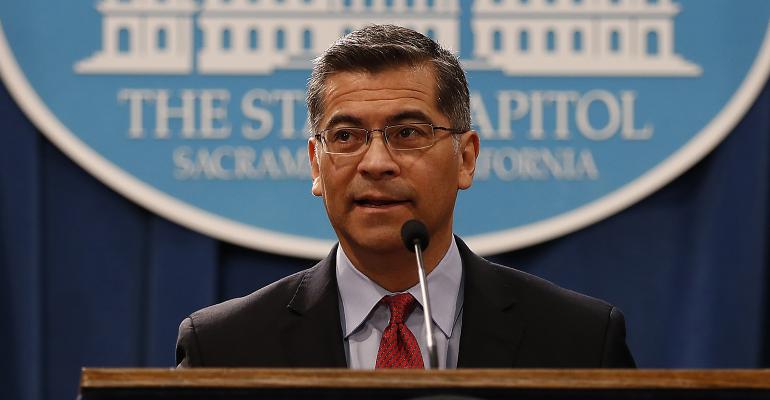Attorneys general from three states and the District of Columbia criticized the Securities and Exchange Commission’s proposal to amend the current framework for exempt securities offerings, including potentially expanding the definition of an accredited investor.
In June, the SEC unveiled a “concept release” about harmonizing securities offerings and opened a 90-day public comment period. Exempt or private securities are not required to register with the SEC and “are not subject to some of the laws and regulations that are designed to protect investors, such as the comprehensive disclosure requirements that apply to registered offerings,” according to the commission’s site.
Only accredited investors may purchase these securities, defined as those with an annual income exceeding $200,000 for the previous two years, or a net worth over $1 million. But the SEC’s concept release questions whether the limits on who could invest in certain exempt offerings should change. The SEC declined to comment for this story.
In a comment letter filed Wednesday, California Attorney General Xavier Becerra, Massachusetts Attorney General Maura Healey, Oregon Attorney General Ellen Rosenblum and Attorney General for the District of Columbia Karl Racine wrote that the SEC should not reduce restrictions on exempt offerings, arguing the commission lacked data to support the claim that expanding the accredited investor definition would be beneficial for investors. The states asked that the SEC analyze outcomes for investors and issuers participating in exempt offerings before they make any changes, writing that exempt securities offerings are “often high-risk, illiquid and have little transparency about the business or its operations.”
“The SEC’s suggested deregulation could create even more risk for everyday investors,” Becerra said about the letter. “The agency needs to take this risk into account in changing any regulations, and work to ensure a balance of power in our markets.”
The attorneys general also argued that while SEC Chairman Jay Clayton wants more investors to have the opportunity to participate in private securities offerings, there’s little evidence to suggest that those investors even want to do so. Additionally, the letter suggested that the SEC should reexamine how it determines who should be allowed to invest in unregistered securities.
“First, investors should have sufficient sophistication and power to demand (and receive) material information from issuers. Second, investors should have sufficient wealth or income to tolerate illiquidity and withstand losses from their investments,” the letter read. “Using wealth or income as the only criterion, as the current definition does, sweeps in numerous individuals who lack sufficient knowledge or power to protect themselves against information asymmetries.”
Morningstar, a financial services research and consulting firm, also sent a comment letter to the SEC this week, stressing that it may be difficult for ordinary retirement investors to access private securities even if changes were made. The firm suggested the SEC amend aspects of its Form D Notices, which are required to be submitted by any companies selling unregistered securities. Morningstar argued the commission should ensure the forms are complete when provided, and consider increased consequences for a failure to file them.
“Private investments are inherently more unregulated and have fewer disclosure requirements than registered funds and public companies,” the letter read. “If such offerings were to be made more broadly available, however, the Commission would have to balance the need for better information against the cost of providing the information for private market participants.”





